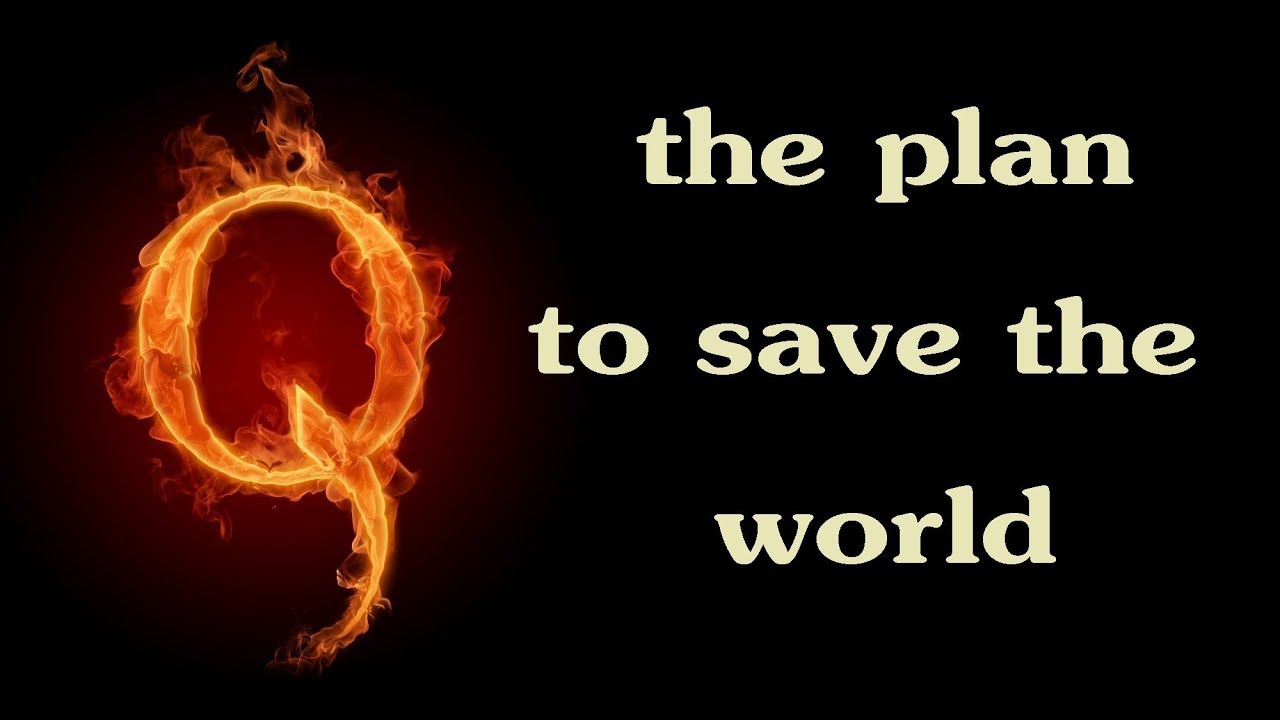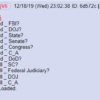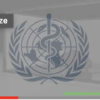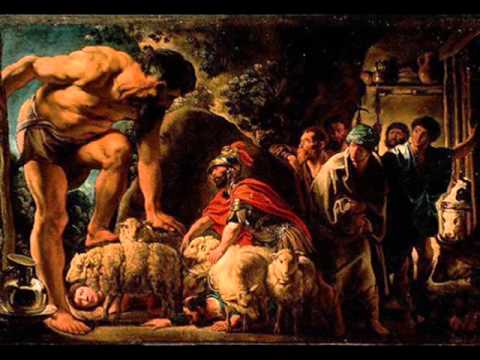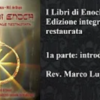Filmed 2nd August 2012 Anticipating the defeat of the Third Reich, Reichsleiter Martin Bormann set up 750 corporations in neutral countries, primed as vehicles to receive the liquid wealth of Germany in addition to patents and other proprietary industrial information. An organizational genius and the real power behind Hitler, Bormann, known as the “Brown Eminence”, successfully fled Europe for South America and administered a “Reich in Exile” in the years following the war. With remnants of the SS as an enforcement arm, former Gestapo chief General Heinrich Mueller as security director, the 750 corporations as a base of economic power and the willing silence and cooperation of the Western Allies, Bormann guided his organization to a position of consummate power. One banker quoted by Manning termed the Bormann Organization, the “world’s most important accumulation of money power under one control in history”. Controlling Germany’s major corporations, the Federal Republic itself and much of Latin America, the Bormann Organization also maintained a formidable circle of influence in the United States. Paul Manning has written the definitive text on the Bormann Organization.
http://spitfirelist.com/books/martin-…
Having plundered, pooled and secreted away the liquid wealth of Europe, the network was in excellent position to realize the von Clausewitz gambit of the post-war, explained below.
Beyond that, the Bormann capital network is more than just the fruit of World War II plunder. The organization’s vast wealth derives from corporate power and the business and political brokers that administer that influence. Heavily invested in major corporations (especially American “blue chip” corporations) the group can exert great pressure with little effort.
Of course, when that doesn’t work, the Underground Reich will not hesitate to use deadly force. The end of battle in 1945 had signalled the start of a new kind of war — a post-war. Germany’s classical military theorist, von Clausewitz, is famous for having declared that “war is the continuation of diplomacy by other means.” In dealing with a Germany which had gone to school with von Clausewitz for generations, we knew that, conversely, a post-war is the continuation of war by other means. Since Bismarck, wars and post-wars have formed a continuous series, changing the quality of the events only slightly from year to year, with no such thing as a clear distinction between heat of battle and calm of peace. This post-war of the German occupation was different from the “cold war” between the United States and Russia, which broke out at about the same time. The latter complicated the diagnosis, like a man getting typhoid fever and pneumonia at the same time. . . .
The European Monetary Union is, as we have seen in many programs and articles, the realization of the stratagem of Pan-German theoretician Friedrich List. Writing in 1943, Paul Winkler foresaw that Germany would realize its goals through the creation and domination of a German-dominated central European economic union (bearing a striking resemblance to today’s European Monetary Union.) One of the principal influences on List’s thinking was the “continental” concept of Napoleon, who attempted to economically unite Europe under French influence. A Listian model was put into effect by the Third Reich, as can be gleaned by reading Dorothy Thompson’s analysis of Germany’s plans for world domination by a centralised European economic union. Ms. Thompson was writing in The New York Herald Tribune on May 31, 1940! Her comments are reproduced by author T. H. Tetens.
. . . . The Germans have a clear plan of what they intend to do in case of victory. I believe that I know the essential details of that plan. I have heard it from a sufficient number of important Germans to credit its authenticity . . .
Germany’s plan is to make a customs union of Europe, with complete financial and economic control centred in Berlin. This will create at once the largest free trade area and the largest planned economy in the world. In Western Europe alone . . . there will be an economic unity of 400 million persons . . . To these will be added the resources of the British, French, Dutch and Belgian empires. These will be pooled in the name of Europa Germanica




